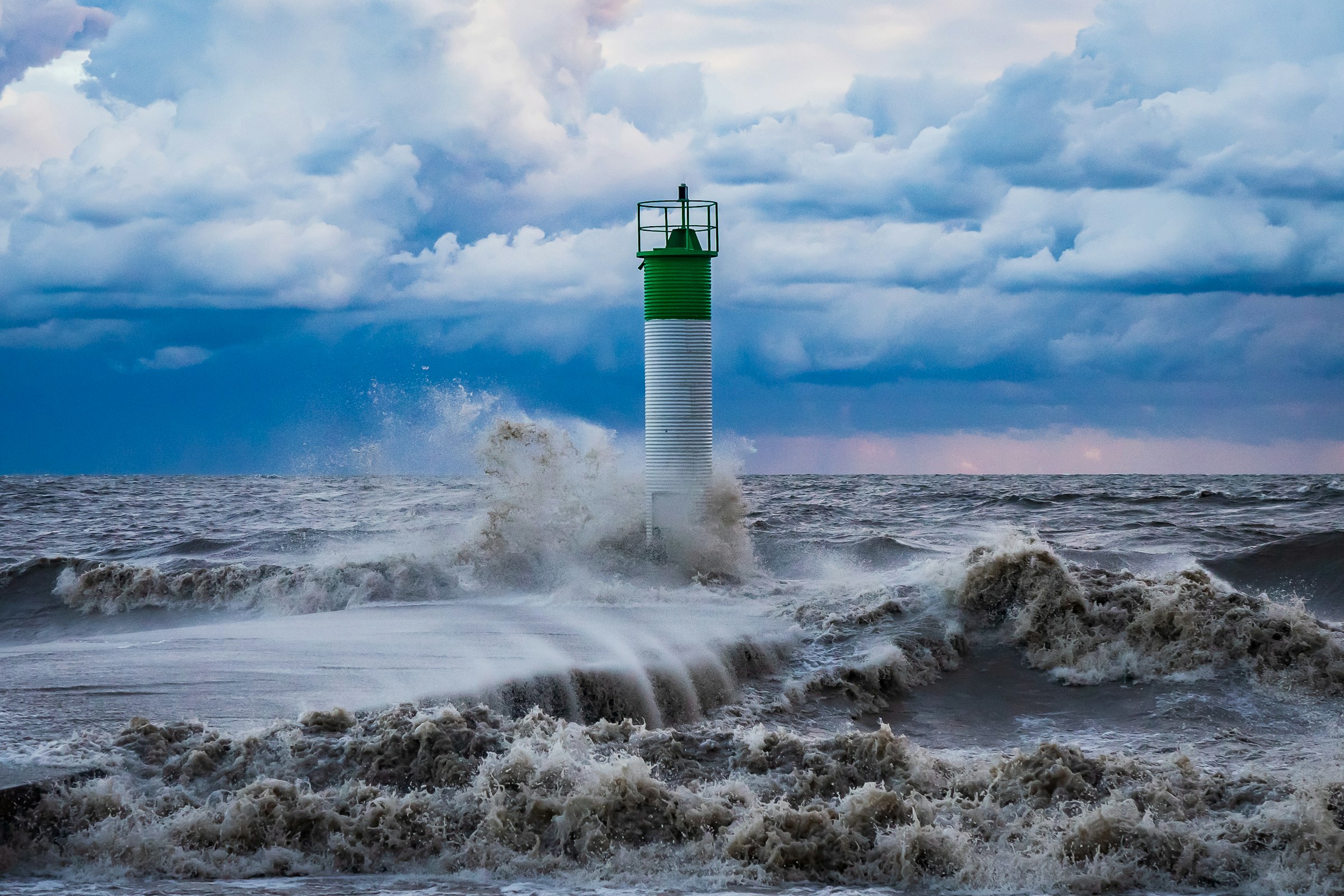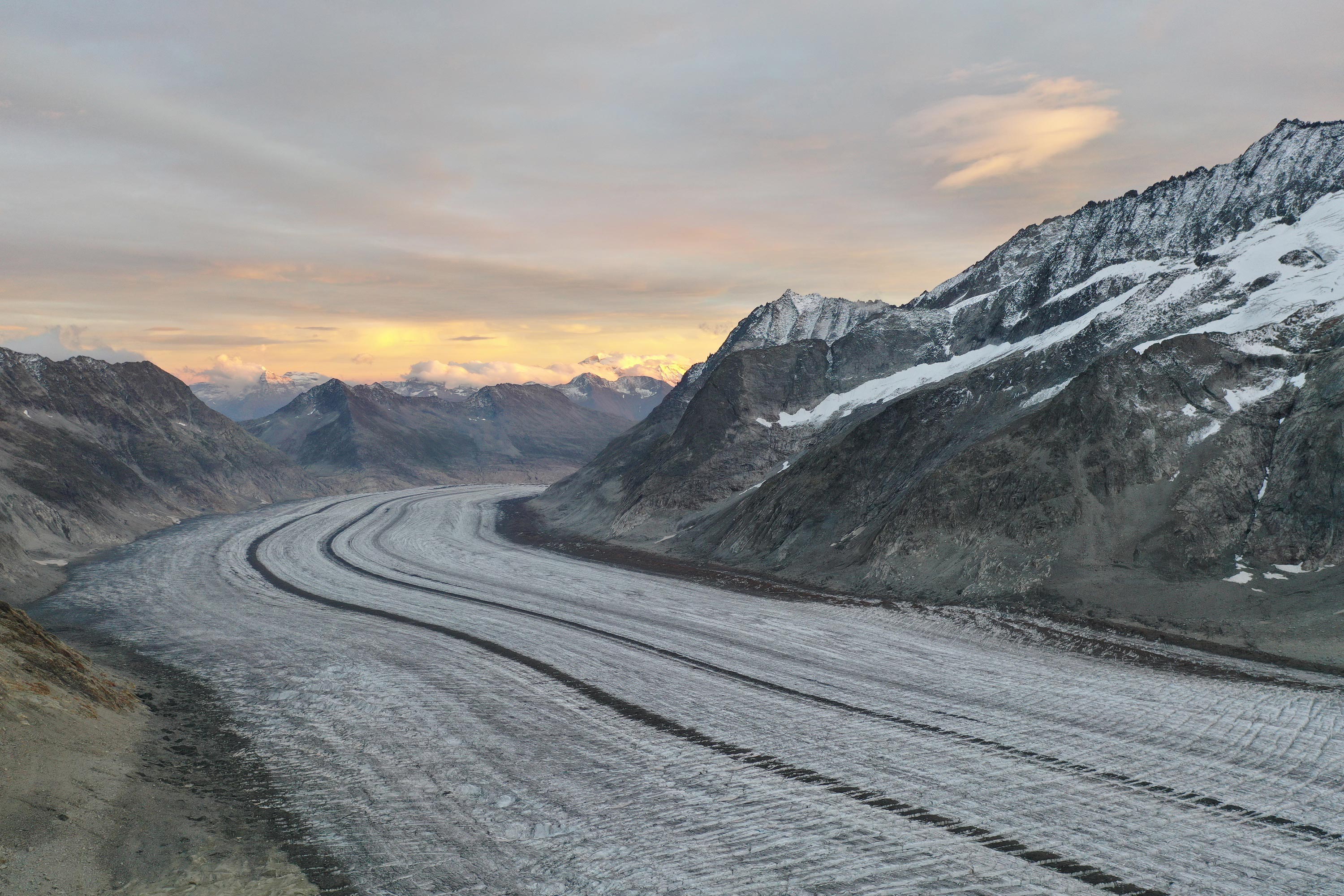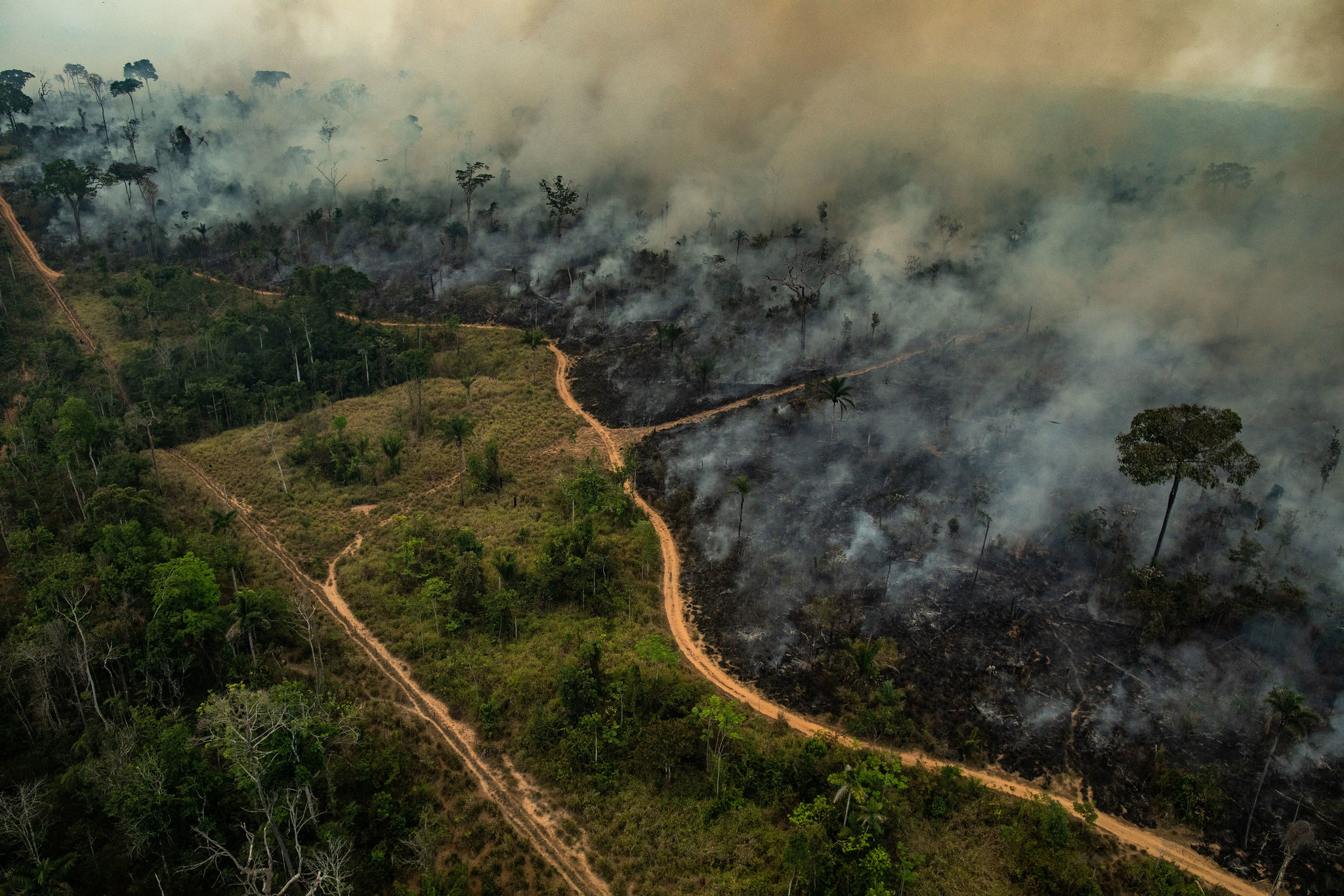The backbone of any planetary regeneration strategy involves tackling ignorance and apathy whilst demonstrating the power of action and showing how life itself can be put at the center of every decision we take.
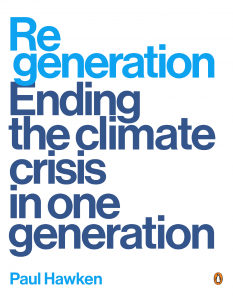 Regeneration: Ending the Climate Crisis in a Generation, by acclaimed author and environmental activist Paul Hawken, provides a framework for truly understanding the world around us and the ongoing climate crisis whilst steering away from the complicated jargon that has alienated people from the science.
Regeneration: Ending the Climate Crisis in a Generation, by acclaimed author and environmental activist Paul Hawken, provides a framework for truly understanding the world around us and the ongoing climate crisis whilst steering away from the complicated jargon that has alienated people from the science.
In a delicate balance of realism and optimism, Hawken recognizes not only humanity’s capacity for destruction but also its unique ability to be creative and constructive. “We are in an era where the concept of global warming and the impacts of human desecration of living systems is becoming experiential, and when that happens, people wake up.”
Many people feel like the climate crisis is an insurmountable issue. In contrast, Regeneration: Ending the Climate Crisis in One Generation conveys a strong message of hope. How is the concept of regeneration central to this?
Regeneration is not focused on solutions. It is focused on a framework of understanding that makes sense of what is happening on Earth today and what we can do about it. Yes, there are solutions but they are within the context and principles of regeneration.
What does regeneration offer compared to more combative language usually associated with climate action such as tackling, fighting or mitigating?
Combative language is absurd and unscientific. You can’t fight climate change for several reasons. One, climate does not exist. It is the dynamic between warmer air and changing ocean currents due to heating. How can you tackle something that does not exist? Second, the climate is supposed to change. If it did not we would not have seasons, olives, risotto, and strawberries. Third, fighting or tackling climate is “othering” language. It separates climate as if it were distinct from humanity and nature. Climate systems are social systems. Othering nature, oceans, Indigenous cultures, and women is the cause of the crisis. It is the same mindset. You cannot “fix” the climate. We can only do one thing: create more life.
Most climate change discourse focuses on solutions by 2030, 2050 or 2100. Why are you focusing on the issue of solving the climate crisis in one generation?
Ending the crisis means ending the situation we are in now where we do almost nothing. The crisis is ignorance and inaction. It will take longer to reverse global warming for sure, but civilization would cooperate and work ever more closely together if it understood it was making powerful progress.
Personal experiences can be very powerful in shaping the way we approach climate issues, whether it be spending time outdoors experiencing nature or indoors studying natural processes. What motivated you to embark on this journey of providing solutions to the climate crisis and how can we help tackle apathy towards the climate crisis?
Don’t tackle apathy. That’s football. There is apathy because the science of climate change has been communicated badly. Expecting people to understand climate jargon and parlance is not realistic. People should not have to know science in order to be motivated and active. We are creating and working on videos, a Netflix series, a more refined website and a digital “zone” to make regeneration sensible and accessible to all. We need jargon free zones. No more talk about emissions, particles, 1.5C, net zero, carbon negative, mitigation, tipping points, transitions, carbon removal, etc. Facts do not change people’s minds and jargon does not move us emotionally.
In your latest book you write that we live on a dying planet. Do you think we are directly responsible for its “degeneration” and do you believe that mankind and society as a whole can find ways of living in harmony with nature?
Every living system on earth is declining, without exception, and there is not one peer-reviewed scientific study published in the past decades that says otherwise. And yes, we did it. Humanity has a choice: we can either continue to steal the future or we can heal the future. We can support an economy that is extractive and takes or harms life, or we can do a 180-degree pivot and create an economy that creates more life than it takes.
That is well established with regenerative agriculture. Industrial agriculture destroys the life of the soil, kills pollinators, eliminates diversity, deteriorates water quality, reduces nutrition and creates dead zones in the ocean. What this year is telling us is that the extractive road our economy has been on for centuries ends pretty soon. Why keep going down a road that is a dead end? It is not a question of whether we can find ways to create more life. We can, we do and we will. There are many examples in multiple areas of endeavor.
There is no question that humanity kills with impunity, poisons its nest, and destroys a significant portion of the living world on an annual basis. What is also true is that humanity is gloriously creative, poetic, brilliant, generous, elegiac, and transcendent.
The climate crisis can often feel overwhelming and impossible to solve because of the complexity of interconnected systems. How can we understand and solve them in an integrated way and what should we focus on?
What makes sense is for people to do what they can, where they are, on whatever level of agency they reside within. A farmer, a schoolchild, a teacher, a CEO, an artist, an engineer, a government worker, a member of parliament, etc. It is not either one or the other. When you say “focus” who is focusing? Reversing global warming is about communities coming together. It is not about assigning responsibility to other people or institutions. We are all in this together.
For new generations the climate crisis has been a constant feature. In some regards it has even acted as a gel that brings youth together, a common enemy to unite around in a world that appears to be increasingly divided. What does a world without a climate crisis look like?
The answer to your question will be determined by the new generation. What would that be like? An amazing and beautiful question. First, things will get worse, a lot worse, before people wake up. Three more decades of increased warming are locked in. In 2022, many people who thought climate change was a concept no longer see it that way. They experienced it. When was the last time the Po River dried up and stopped flowing? No one in Italy knows. It was once called the “fluvarium rex,” the “king of rivers.” The river didn’t just dry up, it has been stained, dredged, exploited and degraded by human beings.
We are in an era where the concept of global warming and the impacts of human desecration of living systems is becoming experiential, and when that happens, people wake up. The world is dividing up because of fear. When people are afraid and lost, they seek a reassuring identity, a need that is exploited by demagogues, proto-fascists and populists who use fear of “other” to create a political movement. Look at Trump, look at Mussolini, look at Meloni, look at Orban in Hungary or Sweden’s Akesson.
How can we communicate climate science in a way that doesn’t exclude people?
We need to drop the scientism in our communication. There will be 8 billion people on Earth this coming January and only a tiny handful understand climate science or ever will. Solutions to global warming make life better for everyone and that should be the focus. You do not need to understand climate science to want to create a better world for yourself, your family and your community. One of the errors made by climate scientists was emphasizing that climate change would be a future existential threat. They were certainly correct about that but there is one problem with that warning: the human brain is not wired to respond to future existential threats. As the impacts worsen from extreme weather, we come up to the current existential threat. That is what homo sapiens respond to.
My staff and I do what we can with what we have because that is what makes a life worth living at this time in history.
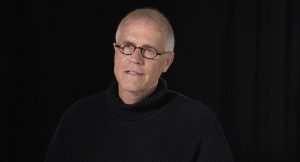 Paul Hawken starts ecological businesses, writes about nature and commerce, and consults with heads of state and CEOs on climatic, economic and ecological regeneration. He has appeared on shows such as the Today Show and CBS This Morning as well as being featured in the Wall Street Journal, New York Times, Newsweek, Washington Post, Forbes, and BusinessWeek. He has written nine books including six national and NYT bestsellers and his latest book, Regeneration, Ending the Climate Crisis in One Generation inspired Project Regeneration which is considered the world’s largest, most complete listing and network of solutions to the climate crisis.
Paul Hawken starts ecological businesses, writes about nature and commerce, and consults with heads of state and CEOs on climatic, economic and ecological regeneration. He has appeared on shows such as the Today Show and CBS This Morning as well as being featured in the Wall Street Journal, New York Times, Newsweek, Washington Post, Forbes, and BusinessWeek. He has written nine books including six national and NYT bestsellers and his latest book, Regeneration, Ending the Climate Crisis in One Generation inspired Project Regeneration which is considered the world’s largest, most complete listing and network of solutions to the climate crisis.


